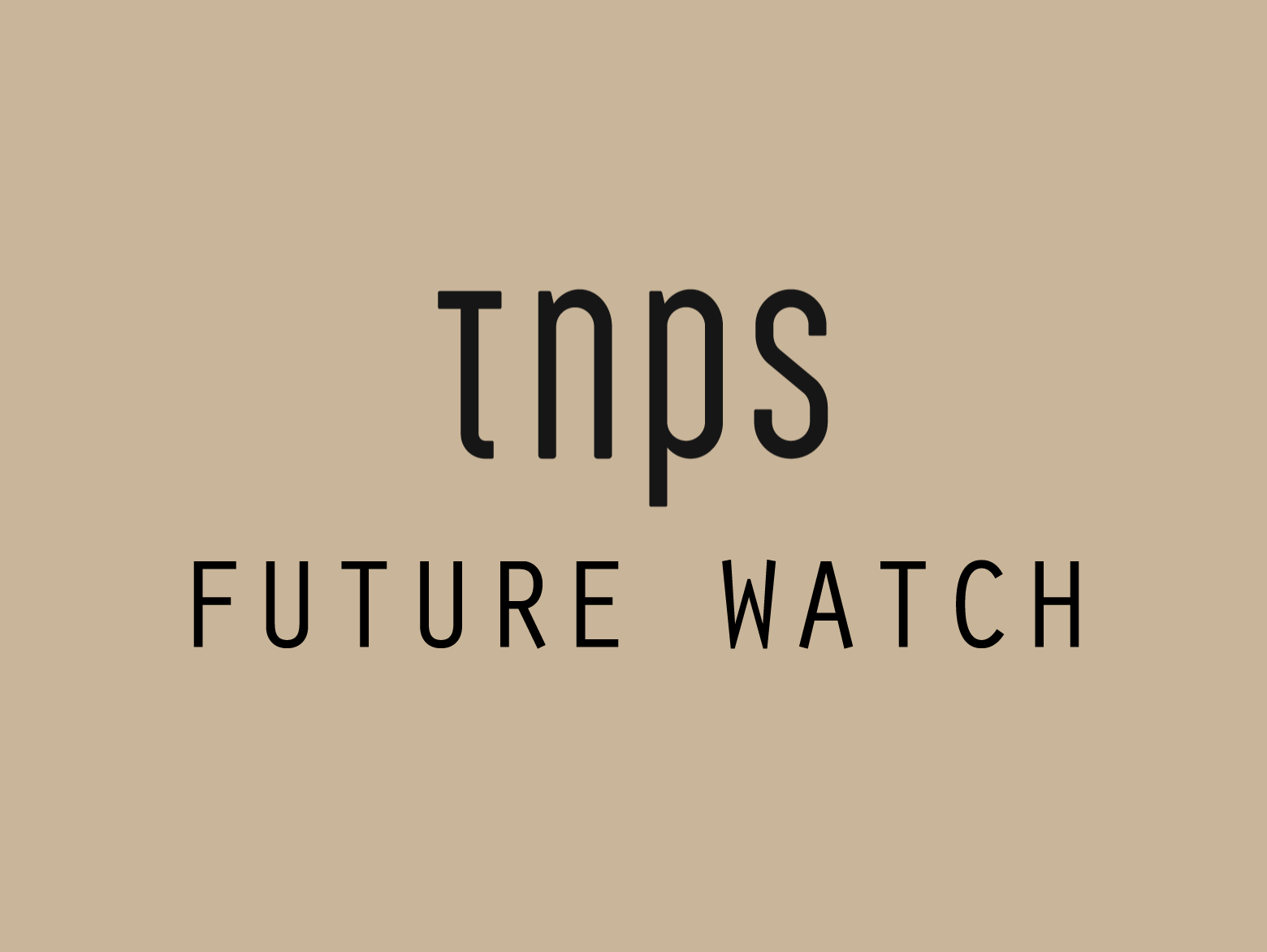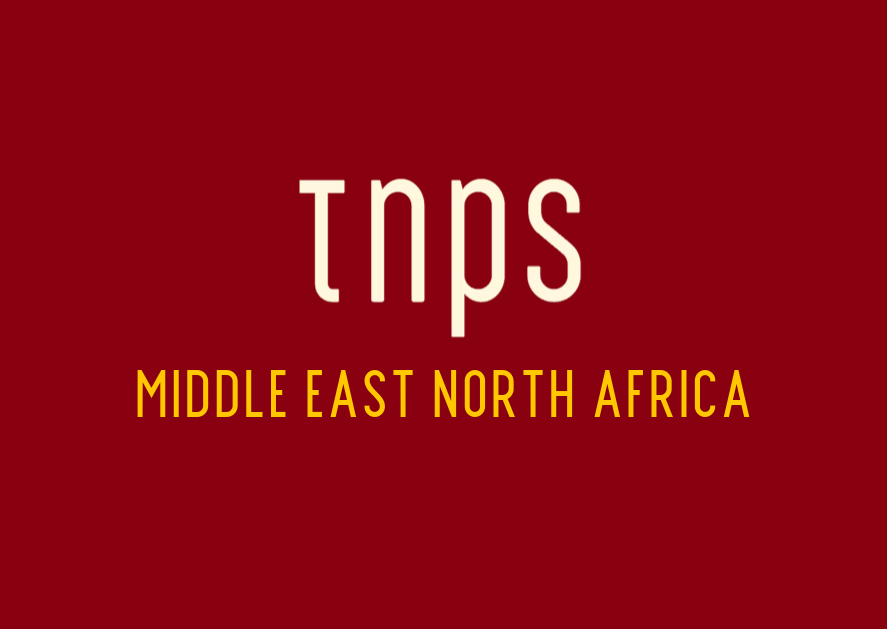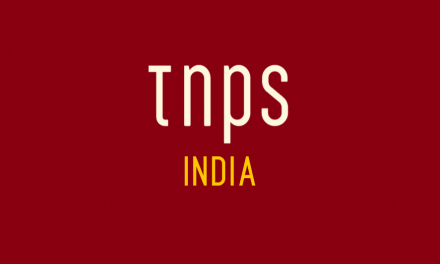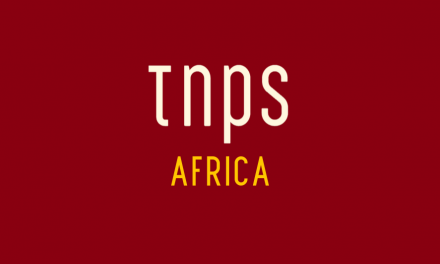 “Digitalization will fundamentally change society and economy as we know it,” says Alexander Markowetz in a post on Buch.de titled Digital Change.
“Digitalization will fundamentally change society and economy as we know it,” says Alexander Markowetz in a post on Buch.de titled Digital Change.
“In order to survive this change and to thrive in a fair and competitive market without depending on single big companies, retailers and publishers as well as other companies not only have to think outside of their own companies, but have to overstep their own value chain and the country’s frontiers.”
Although Markowetz talks about “impotence in the face of Amazon’s market power,” and cites as an example the cumbersome analogue process of tracking a book from publisher to printer to bookstore or consumer, what he touches upon is the wider change publishers are facing as the Internet of Things (IoT) becomes reality, and about the opportunities afforded SMEs (small and medium enterprises) to remain competitive.
Noting “Germany’s federal government tried to set the implementation of Industry 4.0 and the digital link between people, machines and products at the top of the national agenda, but all results up to this point barely scratched the tip of the iceberg,” (perhaps losing a little something in translation there) Markowetz says “The real revolution is yet to come and will bring change that will redefine all industries and business models.”
Unfortunately the article doesn’t explore this further. But here at The New Publishing Standard these are matters we will return to time and time again.
Because if we rightly look back on the past ten years as a decade of tumultuous change that has altered the publishing landscape in ways few could have imagined back in 2007, the next ten years are going to make the last decade look pretty tame.
The “digital revolution” is barely out of first gear.
The era of 5G and the Internet of Things, already a reality at some small levels around the globe, officially takes off in 2020.
But, such is the pace of change, many of the expected benefits of the new era will already be commonplace by the time we reach 2020, and the era of 6G and the Internet of Everything (IoE) will be lurking just around the corner, waiting to disrupt everything we’ve just come to terms with. And there’s every possibility that, far from being at the cutting edge in our rich western nations, we will be playing catch up with the rest of the world.
Ponder this.
Hyperloop Transport Technologies (HTT) earlier this month began a project that may bring the hyperloop to India.
The hyperloop, for those unfamiliar, is superfast-transport technology that for the first Indian project will (if completed) reduce an hour-long commute to just six minutes.
As yet the hyperloop is still futuristic technology in the USA, where there are countless proposals (for example, the Orlando-Miami hyperloop, if ever built, will do the 257 mile journey in 26 minutes) but it’s nowhere near commercial reality yet for the richest and most technologically advanced nation in the world.
Could India be the first country to have the hyperloop for real? There’s every possibility.
The reason I mention the hyperloop is not to get publishers worried that already heavily-competed-for reading time on the daily commute will be eroded even further, but rather as a reminder of how the world is changing around us, not just in terms of the actual technological advances, but where those technological advances are happening.
We no longer live in an us-and-them world of isolated technological progress – the US, South Korea, Japan…
The tech world of 2017 is truly global. There are no hiding places. There are no islands we can sail to and pretend change isn’t happening.
We can all choose to engage and enjoy the ride or look the other way and wake up one morning wondering what’s hit us.
If publishers can come to terms with this world new world reality and shift our mindset away from the one-format, one-retailer, one-market mentality that made so much sense back in 2009-10, we have untold opportunities ahead of us.
But also untold challenges.
Yesterday’s science fiction is today’s normal, and today’s science fiction is next year’s science experiment and the year after that’s new reality.
In 2017 publishing is part of a Global New Renaissance that knows no bounds, observes no rules, and has no manners. Quite unprecedented in human history, the Global New Renaissance is allowing creatives anywhere on the planet to reach consumers anywhere on the planet.
The very definition of publishing is being rewritten as we move from printed ink on a paper page to not just reading replicated books on screens but to new incarnations of storytelling with micro-stories and installments of longer stories redesigned specifically to be read on a smartphone, or even stories told in the style of messaging app conversations.
And yes, thanks to innovative publishing outfits like Radish and oolipo (see the very latest news on oolipo courtesy of Porter Anderson at Publishing Perspectives today) authors and artists are getting paid.
As the Global New Renaissance unfolds so content creators have more and more ways to reach consumers, directly or through a publisher, and as new options for remuneration emerge it’s easy to get carried away with the idea the skies are blue. With or without publishers, the future for content creators is assured.
But, while I’m always the eternal optimist, there are dark clouds on the horizon for creatives that go way beyond concerns about being paid.
We need to be asking ourselves, will we even be needed?
We are a gnat’s toenail away from having to compete with bot-generated content in the market place, and as I watch the AI debate unfold, I have to wonder if, in 2027, any of us will be able to tell a bot-written novel from one written by a competent author?
It’s already happening. In a discussion in the International Indie Author Facebook Group author Joanna Penn commented, “I fully expect to be using an AI assistant to help me create in the near future.”
And as we’ll be looking at in upcoming posts here on The New Publishing Standard, in South Africa AI has recently been used to pre-write a version of season 8 of Game of Thrones, and the Washington Post is among many newspapers generating content using AI that few can distinguish from like content written by a competent journalist.
Okay, it’s early days and AI won’t be generating Shakespearean prose just yet, but we’re in for an interesting period over the next few years where AI and authors will begin to work together.
AI will soon be producing competent but not outstanding core text novels that an editor will come along and stitch together neatly and iron out the kinks. Not much different from what most writers do in real life now.
And soon after that, imagine a world where AI writes the book, edits the book, publishes the book, markets the book, translates the book into a dozen languages, and writes the sequel, all in the time it took us to read this sentence.
And if you’re laughing at that thought, I strongly advise you take a look at the AI blogs and journals, because things are moving fast. Very fast.
Beware the future – it’s closer than you think!





